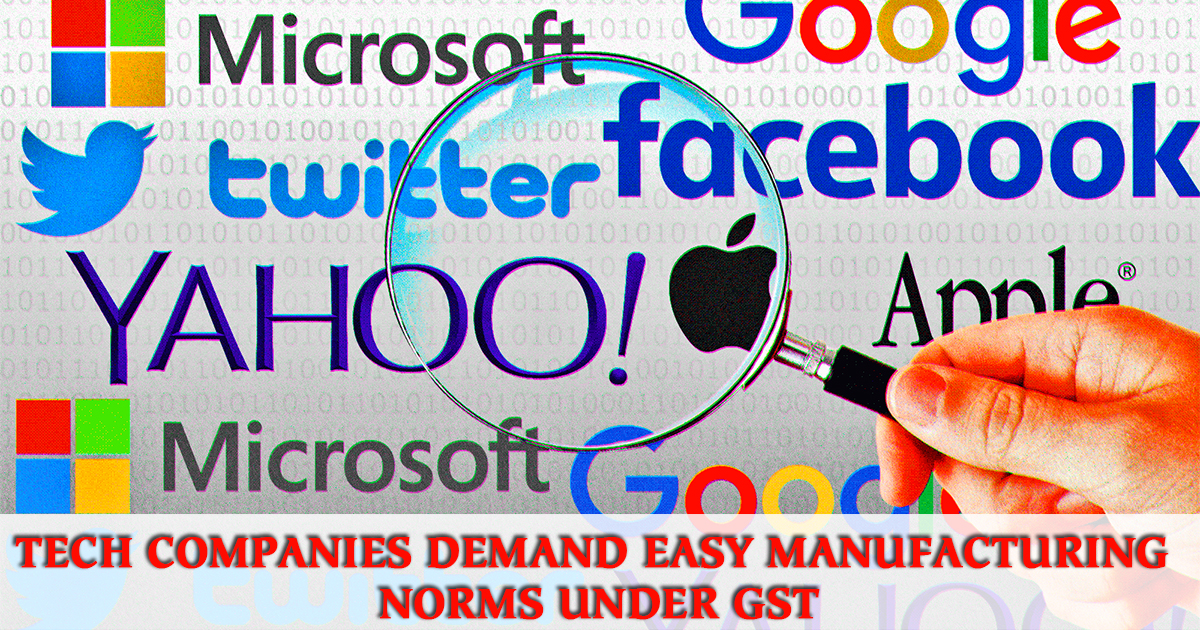As the Government is preparing to present the Union Budget for 2017-18 on Feb 1, some of the major IT manufacturers and tech companies are bracing the upcoming GST regime and also demand that the excise duty should be restructured in a more feasible manner.
“The IT industry has been seeking an extension of the excise duty differential benefit scheme to cover all the Information Technology Agreement (ITA) products including desktops, laptops, telecommunications equipment etc. This would mean a zero duty on all inputs for manufacturing of electronic components and parts,” said Alok Ohrie, President and Managing Director, India Commercial, Dell-EMC.
Read Also: One Nation One Tax: Why GST is Still Away From This Agenda
According to Rajiv Srivastava, Managing Director, HP Inc. India, IT manufacturers are encouraging themselves for the GST implementation.
“The government’s objective should be to enable this transition from the current taxation system as smooth and orderly as possible — both for itself and for businesses and consumers. It will be important to outline a road-map for IT manufacturers for the implementation of the new GST policy well in time,” Srivastava said in a statement.
“After Make in India and demonetization, the next big disruption is GST. The government has to carefully take measures to remonetise the economy to return to high GDP growth while maintaining cost competitiveness,” noted Vikas Agarwal, General Manager, OnePlus India.
Recommended: GST Impact on Gross Domestic Product (GDP) in India
“From policy perspective, the tax structure should be rationalized and land acquisition policies should be simplified to enable local manufacturing at a larger scale,” Agarwal added at a time when US tech giant Apple is asking tax concessions to manufacture in India.
“The government should look for special incentives for the component industry to make manufacturing far more sustainable in India. The extension of the duty differential scheme to the PC segment will definitely take India one step closer to making it an export hub,” said Rahul Agarwal, Managing Director & CEO of Lenovo India.
According to Samson Khaou, Managing Director, Dassault Systemes India, the government must continue the positive momentum for the dynamic and driving national projects like Make In India, Smart Cities and Digital India.
“Budget 2016 focused more on all-inclusive growth including boosting digital literacy, improved connectivity and access to technology across sectors. We hope to see a continued focus by the government of India in the realms of technological advancements,” Khaou said.
“We hope there is a robust policy to accelerate the utilization of funds allocated to the IT sector so that there is a far-reaching impact of technology where every change at even the micro level will contribute towards actualization of the larger goal of digitization,” added Rahul Agarwal.
